RUBBED WRONG
★ ★ ★ ★
A new serial about a woman, her men, and a crankiness that may, or may not, be justified.
A Tale of Two Republicans
By Nan DePlume
INSTALLMENT ONE: In which our hero slums at the other end of the political spectrum and attempts rustic domesticity.
My thinking—if we can call it thinking—was straightforward: Why not try something different? Two preceding decades of dates, relationships, and shared households had involved many types of men: smug intellectuals, self-effacing intellectuals, alcoholic artists, stoner artists, and alcoholic-stoner artists. Nearing my 40s, I found myself living in San Francisco, a city awash in men who could be described as “my type”. What would happen, I wondered, if I veered in another direction? I endeavored to find out.
We can dispatch with that initial Republican quickly, the way Curtis was dispatched after he sat down at my roommate’s piano and serenaded me with some god-awful Coldplay song. He’d pinioned me with a fond gaze while singing in a voice so earnest, I nearly projectile vomited. (More like I’d wished I could projectile vomit, a foolproof way to make it stop.)
Grizzly as the end was, the month before it had been fun—mainly because our political differences made our relationship feel kind of kinky. I’d bait Curtis into praising conservative nutcases like Ann Coulter (he had actually gone to a book signing to get her autograph). Then we’d take turns belittling each other’s opinions, blood rising, reddened faces growing closer and closer until we were furiously making out.
Next to his impishly pert yoga butt (trust me, you’d enjoy being next to that butt; and yes, I’d unearthed a Republican who did Bikram yoga), my favorite memory of Curtis was our first date. It rained hard that night, so he gallantly squired me from bar to bar under an oversized black umbrella. Dropping me off at my doorstep, he suggested I step back, then twirled the umbrella around for the big reveal: Large white letters spelling out “Fox News”.
“We might have gotten killed, walking around San Francisco with that thing,” I shrieked. I still remember the hilarity—and the transgressive thrill—of that moment.
* * * *
Things weren’t as frothy, or as fast, with the second Republican. Instead of a rabid neo-conservative, Blake was a folksy redneck. And this time, the peculiarly Californian touch leavening the mix wasn’t yoga, it was New Age mysticism. Yes, New Age rednecks walk among us—at least in California.
To me, Blake was as “other” as an other can get. He loved country music: the pop-country kind Hank Williams III excoriates in “Dick in Dixie”, the kind where they wear pastel cowboy hats. He called women ma’am and drove a massive black truck with red pinstripes and wide hips for extra towing power—and sometimes he actually towed things. He had four tattoos: an American flag; a bald eagle; an anchor commemorating his stint in the Navy; and a coyote, revealed as his spirit animal during a peyote-fueled vision quest.
Those tattoos did the talking; otherwise, Blake was pretty quiet about his political opinions. Or maybe he wasn’t articulate enough to make a case for them. As I secretly nicknamed him once our relationship had deteriorated to the point where I was swilling “health drinks” that were one-third vodka just to stay in the same room with him, Blake was a Dumb-Ass.
But it took me awhile to figure that out, since his otherness made him tough for me to gauge. I could spot a pseudo-intellectual at 20 paces, but how could I judge a mystic cowboy? Plus, Blake was rugged, coordinated, good at fixing things, hypermasculine, and able to express affection effusively and often. In other words, my complete opposite. Maybe, I thought (and this was before I’d started swilling spiked smoothies), he was just what I needed.
Blake certainly thought so. “No one has ever loved you the way I do,” he’d intone in his deep, gravelly voice, which I found compelling—though after the breakup, I learned that my friends mockingly called him the white James Earl Jones.
Blake surprised me with grand gestures that I never entirely got, but they definitely surprised me. Like the time he meditated naked with a colander on his head, holding a lotus position for a good part of the morning so I’d discover him like that. I slept in later than him (those spiked health drinks took a toll), but finally I roused myself and beheld the full spectacle, which included not just a naked tattooed man, but a scrap of paper bearing the words “I love you” scotch-taped to his colander hat.
What would you make of that?
I definitely didn’t get it, but I feigned appreciation. And wondered: Maybe that was what true love looked like. Maybe it was time to stop dumping men the moment they did something embarrassing, like lapse into a Coldplay serenade. Maybe embarrassing wasn’t bad; maybe it was authentic. Maybe Blake and his frequent and bizarrely professed feelings were real in a way that the cool, unreachable types I’d favored in the past weren’t. So when the rent doubled at my San Francisco apartment, I moved about two hours north, to Blake’s kingdom in the sticks.
* * * *
Blake said he saw things in me that others couldn’t: notably the fact that I was just the woman to soften the rough edges on his remote 30-acre spread, which came complete with a ramshackle house that looked like it was held together with duct tape, several rusted-out cars, and four dogs that ran wild all over the property—the only ones who seemed happy there. Also, probably, a ghost: The previous owner had put a rifle in his mouth and pulled the trigger, likely driven mad by the isolation.
But at first, I thought Blake might be right: He and I would be good for each other, I’d be good for the place, and the place would be good for me. After all, we were just a few miles from Beauty Ranch, where Jack London, my favorite author from childhood, had lived a rugged life, loved his wife Charmiane, and wrote Call of the Wild.
Like Jack and Charmiane, Blake and I set out to create a harmonious household in the wilderness. And for a few months, it sort of worked. I helped him clear away some of his hillbilly-bachelor detritus, including a few derelict cars and innumerable oddities, such as a light-up snowman whose plastic-carrot nose had broken off. He put in a vegetable garden for me and I tended it for us, despite my fear of bugs. I gave up city clothes, like skirts and even my beloved patent-leather Doc Martens, and took to traipsing around our private kingdom in sweats and Crocs. (Hell, no one could see me anyway.)
I never saw a wolf up there, but one of Blake’s dogs was a husky-shepherd mix that made a decent stand-in. I’d never had a pet more furry or engaging than a turtle in my life, so those dogs thrilled me—and I desperately wanted them to think well of me. They did, too, after I’d led them (well, often they led me) on enough walks across the property and down the one-lane-yet-two-way road you had to brave to drive there.
One night I was awakened by a massive sound-and-light show: a rare California thunderstorm, which somehow Blake was sleeping through. My first thought was for the dogs, who slept outside. When I threw open the front door, they were right there, cowering on the porch. But I had to coax them to come in: wet and spooked as they were, they’d been trained that their world ended at that threshold. Finally the four of them clambered in, skittishly eyeing each other and me. When I sat down with a glass of whiskey to watch the storm flash and rattle the windows (I don’t usually drink whiskey, but it seemed fitting), the dogs formed a protective circle around me. I’m not sure if it was the lightning, or the thrill of inter-species communion, but the hair on the back of my neck stood up. Very Call of the Wild, or maybe White Fang. The moment didn’t last, though: after about 15 minutes, my pack grew restless, so I let them out again, even though the storm still raged.
By that time, about four months into our experiment in cohabitation, Blake and I had really started to get on each other’s nerves. He said I was selfish and lazy. (To me, the fact that he was just noticing was further evidence of his denseness.) And I began to perceive that, he-man that he was, Blake’s Baptist upbringing had imbued him with an all-American prissiness that was reminiscent of Ned Flanders from The Simpsons.
In the end, it was one too many Flanders-isms that propelled me back to a solo existence in the city, despite the extortionate rent.
“H-E-double-hockey-sticks!” Blake exclaimed after dropping his cell phone.
“Why don’t you just say ‘hell’ like regular people?” I inquired.
“Because I’m thinking H-E-double-hockey-sticks!”
And that, I thought, is the crux of the problem. Like the dogs braving the storm because the cozy living room just wasn’t their place, I didn’t know much—but I knew I had to get out of there. “Honey, can I get you something?” I asked, heading for the pantry that housed both a refrigerator and the liquor supply. “I’m making myself a health drink.”
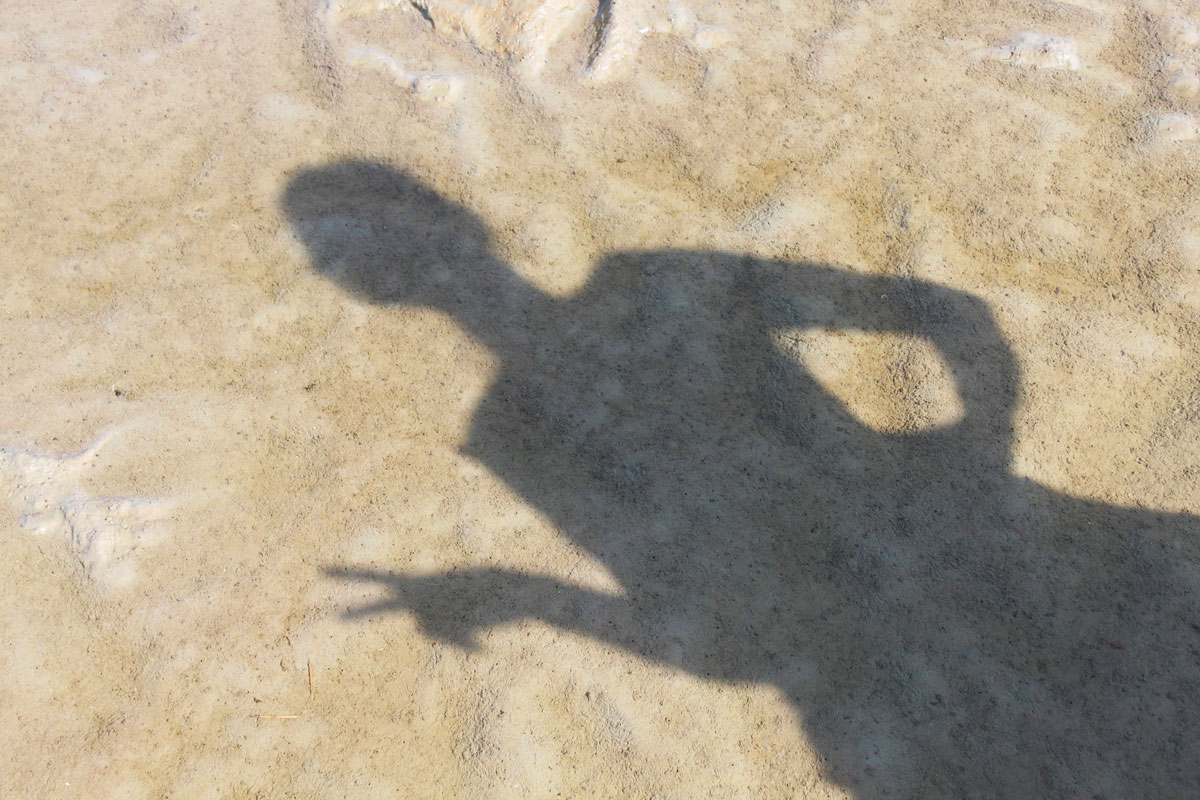
Nan DePlume is a writer who has lived in various spots in America and Europe. She enjoys Internet videos of cats tackling toddlers.

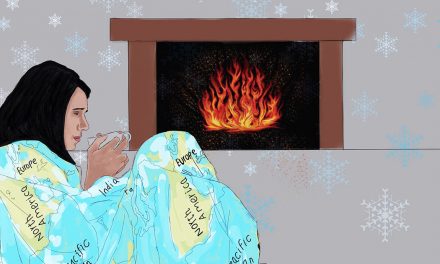
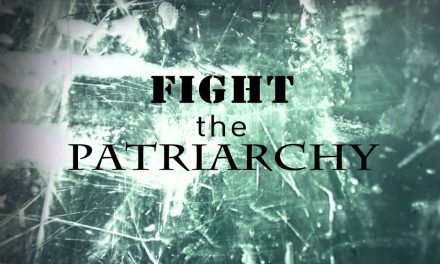








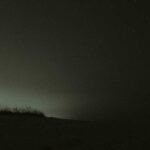

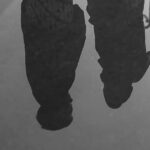














Wonderful piece!